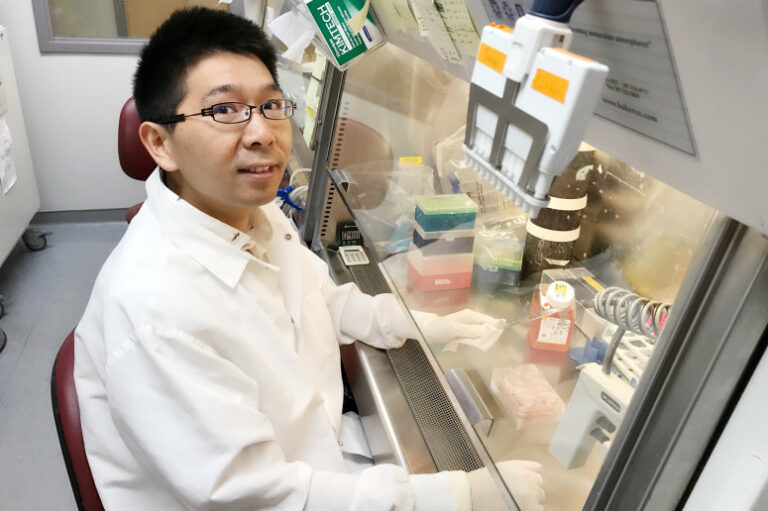
3D-Printed Brain Tissue Accelerates Alzheimer’s Research
The first 3D-printed brain tissue that can grow and function like typical brain tissue is a major breakthrough for scientists in search of an Alzheimer’s cure.

The first 3D-printed brain tissue that can grow and function like typical brain tissue is a major breakthrough for scientists in search of an Alzheimer’s cure.

Lecanemab, the newest Alzheimer’s drug, is getting a boost by focusing ultrasound waves on the blood-brain barrier. Learn more about this next step in delivering better Alzheimer’s treatments.

The first drugs for Alzheimer’s disease emerged in the 1990s, but since then there has been a wave of clinical trial failures, major companies pulling resources from neuroscience R&D, and progress.
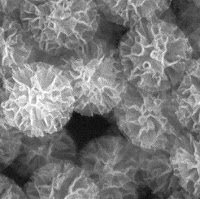
Nanodevices are the newest weapon in medicine’s growing arsenal to fight Alzheimer’s. They capture dangerous peptides before they can assemble to form Alzheimer’s plaques in the brain.
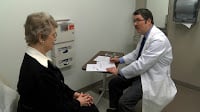
CLINICAL TRIALS VIDEO: Thin electrical wires were surgically implanted in the brain of Alzheimer’s patients. Called “Deep Brain Stimulation”, see how this brain “pacemaker” improves
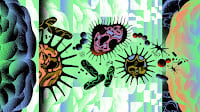
RESEARCH EXCERPT: Is Alzheimer’s caused by a germ? $1 million goes to anyone who can answer that. If the germ theory gets traction, it could
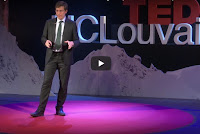
TEDx TALKS – VIDEO: Harvard developed Tau Scan technology to fight Alzheimer’s. Dr. Bernard Hanseeuw quit his clinical practice to join them, to help advance

NEW VIDEO: How should governments help us spend the last years of life? In a sterile institution or in an easy-walking village with a supermarket,
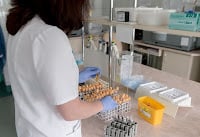
A new way to catch and predict Alzheimer’s with a blood test is in advanced stages of trials. The test promises to delay dementia, as
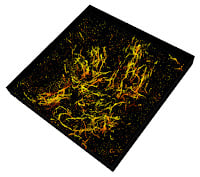
PROGRESS VIDEO + ARTICLE: See Alzheimer’s 3D super-resolution imaging break through major obstacles towards finding a cure. Watch it reveal where Alzheimer’s starts and where

BOOK OF THE WEEK: Thoughtful Dementia Care is today’s best book on understanding the dementia experience. An easy-to-read, sensitive portrayal of managing the world of dementia.
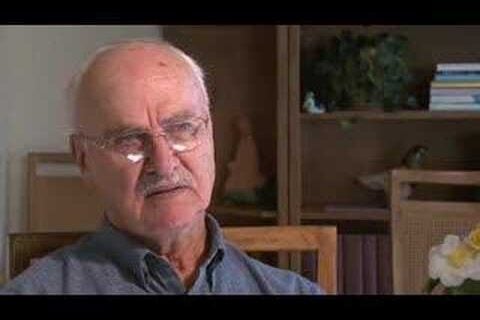
Don Hayen is a retired doctor, diagnosed with Alzheimer’s at 71. But that diagnosis took way too long. Find out how his “cognitive reserve” fooled his doctors. See why he sure wished it hadn’t.
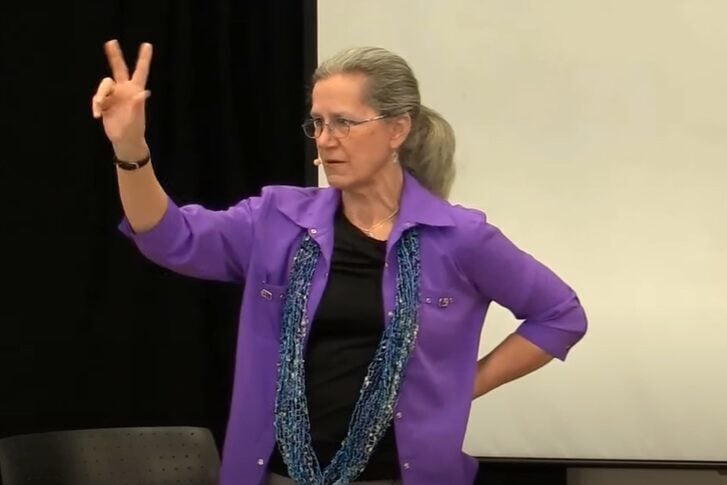
There is more to us than our brains and our bodies, says dementia expert Teepa Snow. “There’s more to us than that … When we’re together, we become more.” Watch now.

Three important dementia studies focus on HS-AGING, a type of dementia almost as common as Alzheimer’s in the 85+ group. Yet few people have heard of it. Why? What makes it different?

An intriguing study of 120 grandmothers might surprise you. Doctors know socially engaged people have better cognition and less dementia. But can a person get too much of a good thing? What’s the right balance?

Enjoy this great duet between a musician with dementia and his son. A triumph of spirit over Alzheimer’s! Sing-a-long if you like!

It looks like a sneeze cannot give anyone Alzheimer’s. While Alzheimer’s abnormal disease proteins do spread from cell-to-cell, they are not “infectious”. Check out the facts.
No spam, only news and updates.


